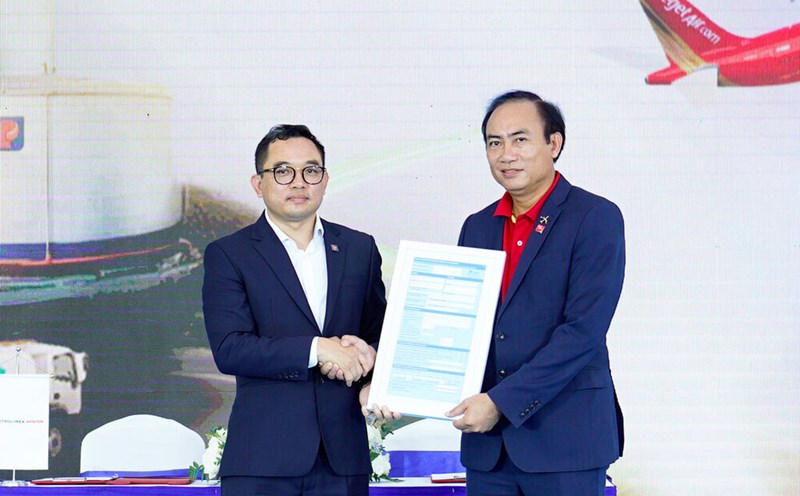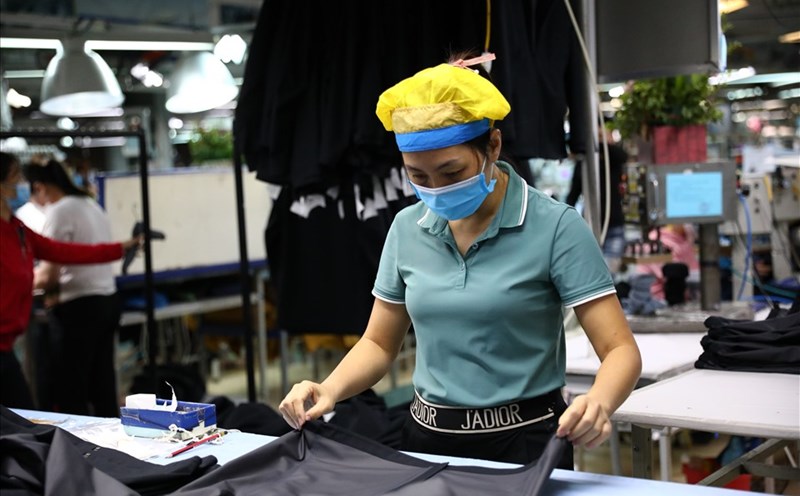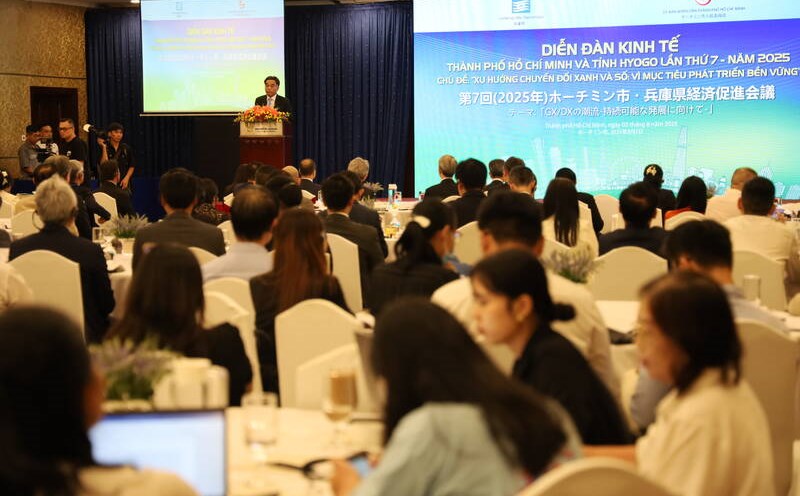Choose a group of shippers to switch to green, a completely reasonable step
According to the Ho Chi Minh City Institute for Development Studies, in general, comments from experts and members of the electric vehicle ecosystem all expressed support for the goals and urgency of tasks related to green transformation and emission control in the city's transportation sector.
Major orientations include: Converting all buses to electricity before 2030; greening low-emission zones in Con Dao special zone and Can Gio area; converting all gasoline-powered two-wheeled vehicles to electric vehicles for technology vehicles and delivery.
Many experts assess that Ho Chi Minh City's choice of a group of shippers to switch to electric vehicles is the right direction. According to Dr. Hoang Duong Tung, Chairman of the Vietnam Clean Air Network, switching from gasoline vehicles to electric vehicles is not only a global trend but also an urgent requirement for large cities in Vietnam such as Hanoi and Ho Chi Minh City where the density of motorbikes and air quality are often at an alarming level.
"We cannot rely solely on baoxi measures or imposing time frames. The important thing is how to organize implementation. Electric vehicles are only effective when combined with the development of the network of electric buses, trains, and environmentally friendly public transport routes. When people have convenient choices, they will reduce their dependence on personal motorbikes, thereby reducing congestion and improving air quality, Dr. Tung emphasized.
This expert commented that Ho Chi Minh City is planning to open nearly 200 new bus routes, while gradually converting fossil fuel-powered buses to electric or LNG vehicles. This is a step that shows a strong determination in restructuring the urban transport system towards green and sustainability.
Mr. Tung believes that Ho Chi Minh City has chosen a group of shippers to pilot the conversion is completely reasonable. An ordinary person travels 3 - 7km per day, while a shipper runs 100 - 200km. Converting this group to electric vehicles will create the fastest and biggest impact on air quality.
However, according to this expert, for electric vehicles to truly be "green", electric infrastructure also needs to change. Currently, the emission coefficient of the Vietnamese power grid is at 0.65, higher than the international recommendation (0.4 - 0.5).
In parallel with encouraging electric vehicles, Ho Chi Minh City needs to promote renewable energy such as rooftop solar power, wind power or take advantage of the area along the highway to install solar panels, Dr. Tung suggested.
This expert believes that the problem of electric vehicles needs to be viewed comprehensively from the conversion object, charging battery infrastructure to energy supply. If done synchronously, we will not only reduce air pollution, but also contribute to achieving the goal of net zero emissions by 2050, said Mr. Tung.
Support policies are necessary
According to a representative of the Ho Chi Minh City Center for Economic Application Consulting, the "Change old for new" program is being studied to recover a large number of old, polluted gasoline motorbikes, while supporting people to access clean vehicles. A series of preferential policies have been built, notably exemption from registration fees, license plate registration fees, and issuance of electric vehicle certificates for the first two years, worth about 3 million VND/vehicle.
In particular, technology car drivers will be refunded VAT for each trip, an average of VND 6,400 for each trip of VND 80,000. Ho Chi Minh City also coordinated with the CEP microfinance Corporation and many banks to implement a loan package for 24-30 month electric vehicle purchases, with an interest rate of 6%, of which the city budget supports at least 2%. "The most important thing is that people who exchange old cars for new cars almost do not have to spend more money initially," said the Center representative. In addition to major support policies from the city, many electric vehicle companies also have programs to support people to switch to electric vehicles.
Associate Professor, Dr. Nguyen Dinh Tho - Deputy Director of the Institute of Agricultural and Environmental Policy Strategy - said that switching to electric vehicles is not a "option", but a part of the international commitment that Vietnam has made.
The government has declared Net Zero by 2050. Currently, the energy sector accounts for more than 70% of emissions, of which transportation and construction are the two highest sectors. If we do not convert transportation to green vehicles, it will be difficult for us to fulfill our commitment, said Mr. Tho.
According to Associate Professor Tho, this process needs to ensure a fair transformation. In Vietnam, a motorbike can be attached to many families for decades, even the greatest asset for them. If gasoline vehicles are suddenly banned without support, it will create a big shock for millions of people, especially the poor labor group.
The policy of exempting registration, supporting car loans, and even refunding value-added tax (VAT) to technology drivers as proposed by Ho Chi Minh City is very necessary. It not only encourages conversion but also helps people not be left behind, said Associate Professor, Dr. Tho.
According to Mr. Tho, in addition to financial incentives, the important thing is to create trust for users. People will only choose electric vehicles when they find the cost reasonable, the charging infrastructure is convenient enough and the vehicle is durable enough. Therefore, state policies need to be accompanied by the participation of businesses, from quality commitment, battery and engine warranty to building a widespread charging network.
Converting to electric vehicles is an irreversible trend. But we must remember that this is not only a story of technology, but also a story of livelihood and social justice. Every policy needs to put people at the center, Dr. Tho emphasized.











